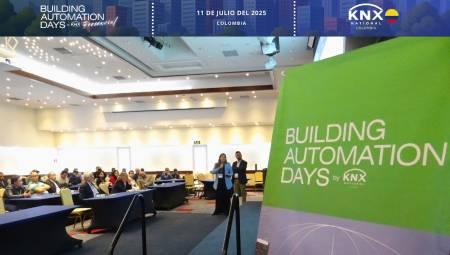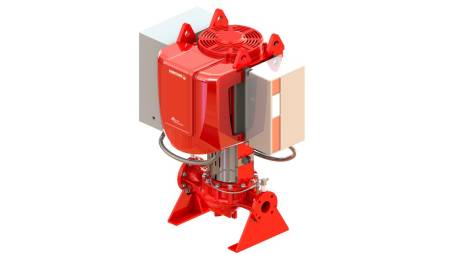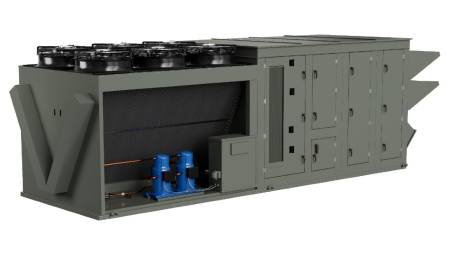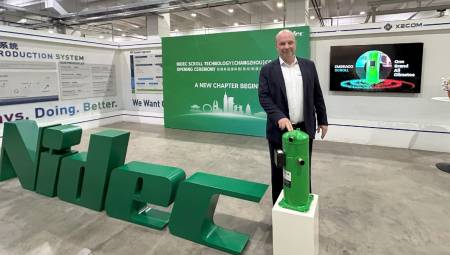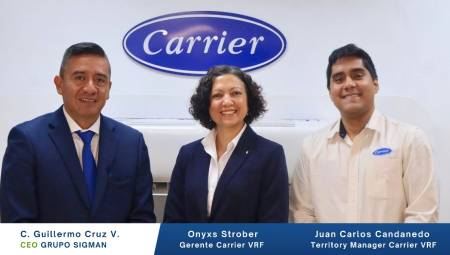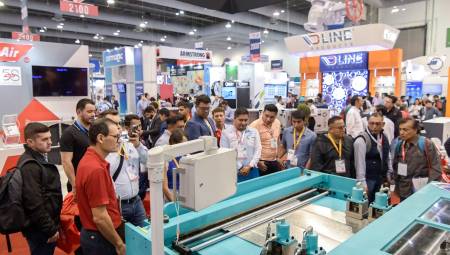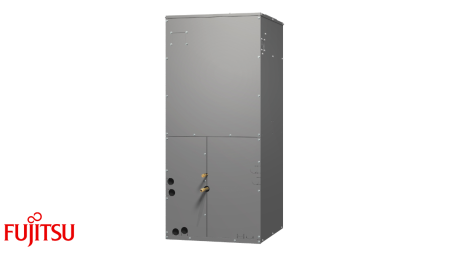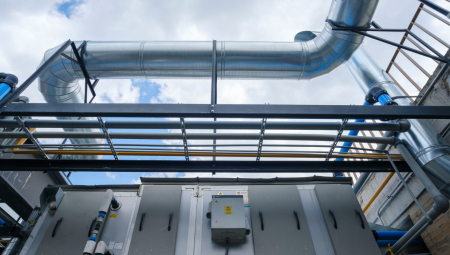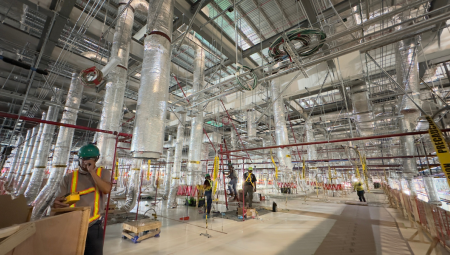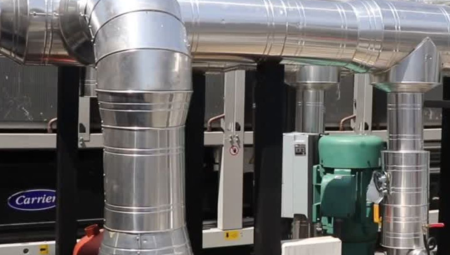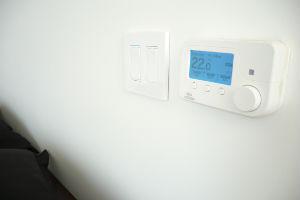 Through an anecdote of his trade, Alfredo Sotolongo reflects on how companies can optimize energy based on a culture of saving, proper maintenance of AC equipment and the use of a control system.
Through an anecdote of his trade, Alfredo Sotolongo reflects on how companies can optimize energy based on a culture of saving, proper maintenance of AC equipment and the use of a control system.By: Alfredo Sotolongo*
I want to tell you about an experience I lived more than 30 years ago related to the subject that fascinates me: energy consumption. We visited a hotel on a Caribbean island to inspect the mechanical systems and report where we felt energy was wasted. When we arrived at the nightclub, around 2:00 p.m., when it was not open in a very hot september, we found that the temperature was around 68°F and asked a man in years who was sweeping the floor: "Since when is the air conditioning turned on?", he replied: "since I arrived" and when asked about the time he had arrived, the man said to our great surprise: "Since last January."
Until that time the air conditioning unit had been operating night and day for 8 months without stopping and what is worse, maintaining the lowest temperature it was capable of, depending on the thermal load, even if the disco was unoccupied. What a waste of energy!
This happened when the cost of energy was much cheaper than it is now. But the really sad thing is that we still find many cases like that in which neither employees nor management have the culture of energy saving.
Developing the culture of energy saving in the Americas and especially in our countries in Latin America and the Caribbean has been a slow process and although achievements have been made, there is still a fairly long way to go.
Suggestions
I always recommend, as I have explained in other articles, that before investing in any type of system to conserve energy, the mechanical and electrical systems of the building should be inspected and any elementary deficiencies that exist should be rectified: change of filters in the air conditioning units, cleaning of coils, adjustment of the belts and pulleys, etc., almost always directly related to preventive maintenance.
How can we prevent things like these that I told you from happening? The ideal is to test our customers, owners and managers of hotels, hospitals or office buildings, the savings of implementing the most elementary control mechanism for the mechanical and electrical systems on their property, known as BMS (Building Management System) so as not to have to depend on their employees to turn on and off the equipment at the right time and prevent them from operating for longer than necessary.
Why a control system?
What makes these systems very attractive is the fact that they are modular, in other words, you can start with electric motor start/stop programs or light on/off and temperature control just and leave it ready to, over time, add other vital functions for energy conservation.
One of the controls that I recommend to be added in the future is to measure the consumption and demand of the electricity supply to keep those values as low as possible since in most of our countries, in addition to being the cost of consumption Kw / h extremely high, the penalty for exceeding the demand contracted with the electricity company is even more expensive.
How can these values be controlled? Through the same start/stop program and the temperature control originally installed, non-essential equipment can be taken out of service at any given time and the value of the thermostat control point can be increased in air conditioning units that, during certain hours of the day or night, do not need to maintain a comfortable temperature, which is directly reflected in the electricity consumption of the chiller.
Today already many building owners who must pay for energy consumption have assimilated the culture of minimizing waste and use these building control systems (BMS) more often. In addition, in some cases, they have integrated other systems such as security, access control, closed circuit television, etc.
As I have always suggested to all consulting engineers and contractors: before recommending any equipment and / or system to minimize energy waste, they should ensure that all mechanical equipment is operating optimally through preventive maintenance and only then, analyze how long the investment is recovered so that it can be justified to customers.
* Engineer Alfredo Sotolongo, president of Protec, Inc., is certified as a professional engineer in Puerto Rico and the State of Florida; has more than 40 years of experience in the application and sale of systems and equipment for energy conservation. He is a member of ASME (American Society of Mechanical Engineers), AEE (Association of Energy Engineers), with whom he is certified as an Engineer in Energy Management; he is also a member of ASHRAE and was president of the Miami chapter of that association. He has also presented numerous talks on the subject of energy conservation.


